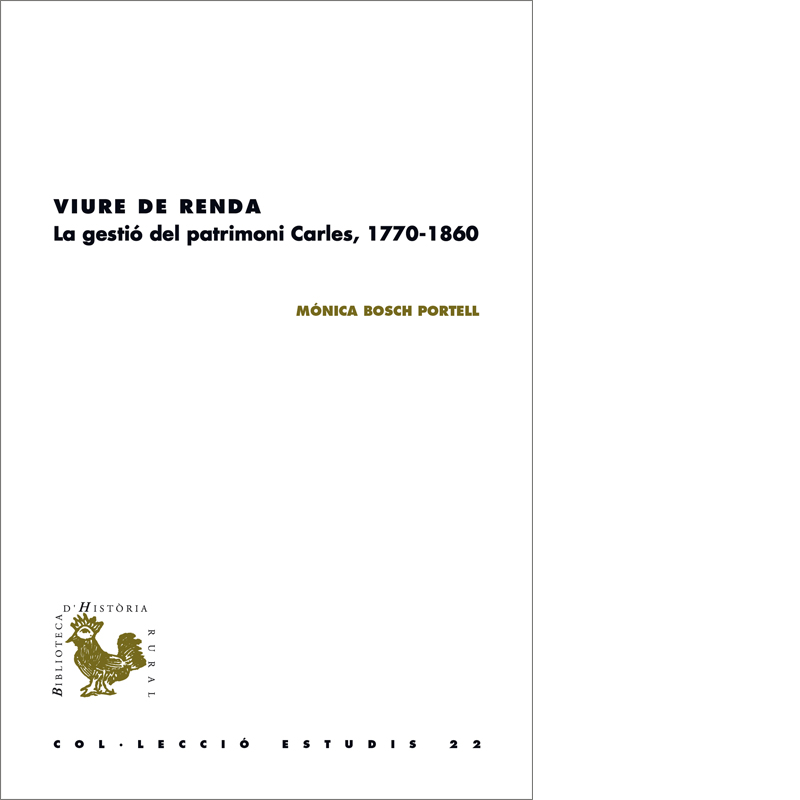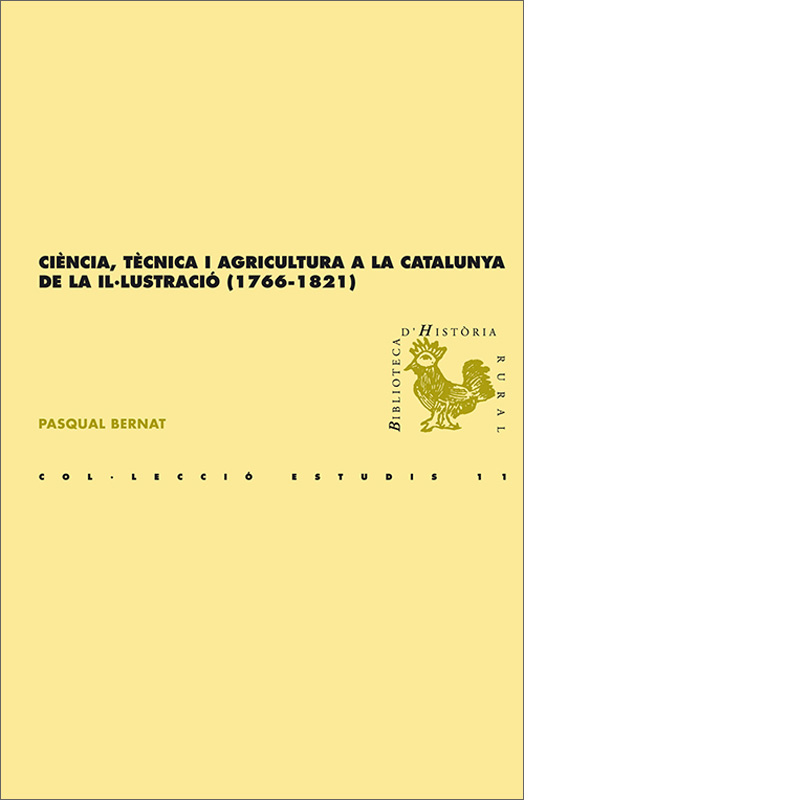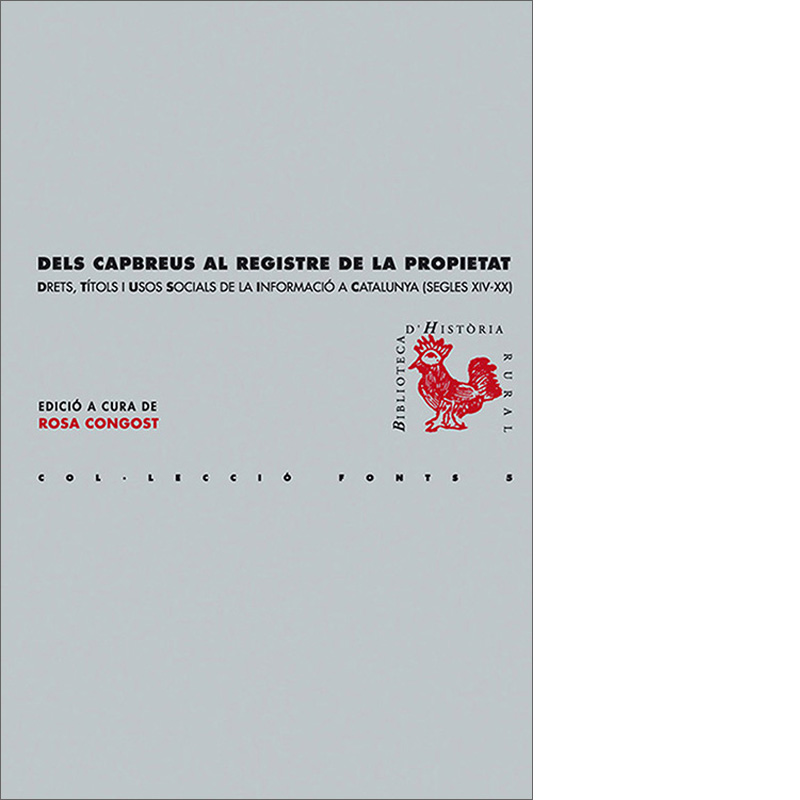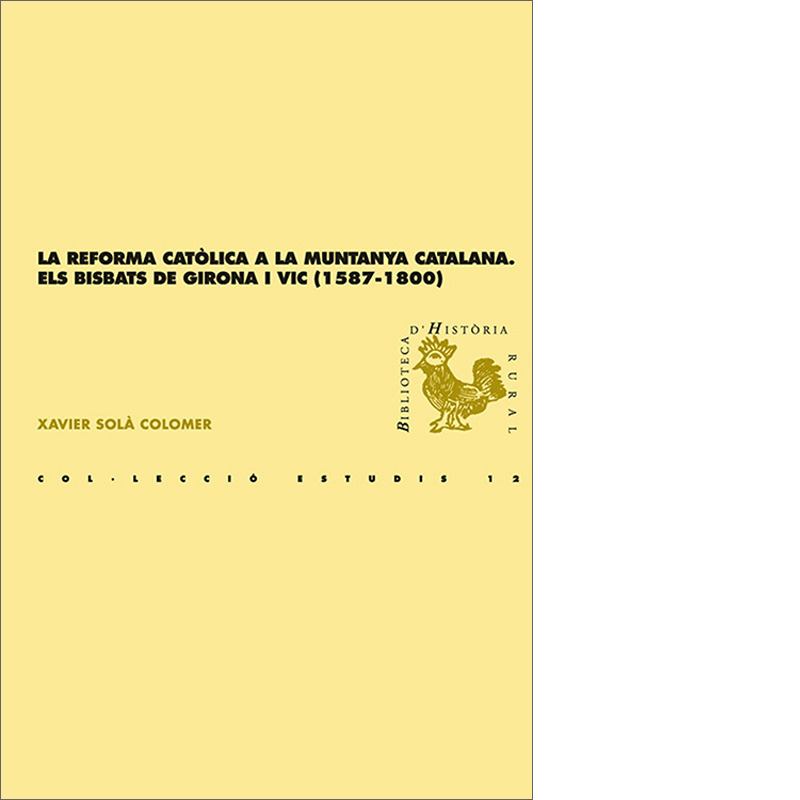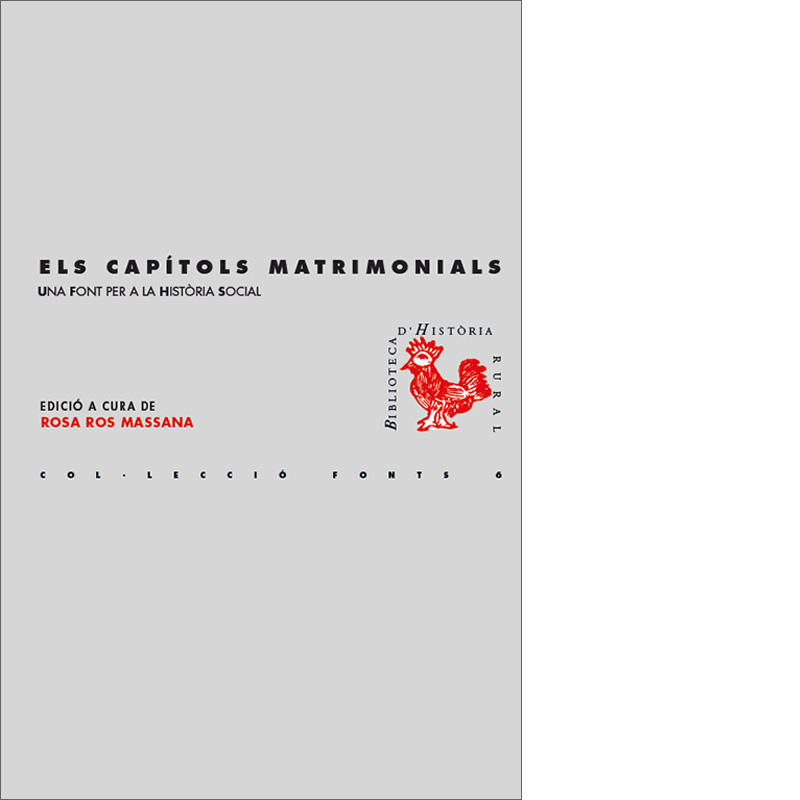Description
The Carles family is one of the most outstanding examples of Girona's haciendados due to the economic, social and political power that they achieved. At the base of its great influence was an important agrarian heritage, made up of 855 hectares in the mid-19th century. Basically, from agrarian contracts, correspondence and private accounting, and from an approach that prioritizes the analysis of the social relations that were established between the different agents involved (absentee owner, administrator, landowners, sub-emphyteuts, large tenants, etc.), this book analyzes in detail the exploitation of this extensive heritage and delves into the economic and social bases of the power exercised by the Girona estates in the first half of the 19th century. Through the case analyzed, we discovered, in the transition from the Old Regime to the liberal capitalist society, an absentee owner who never ignored the management of his assets, who tried various exploitation formulas until he found the most convenient for his interests, that made investments to try to maintain its high standard of living and that it maintained a relationship of paternalistic superiority with its landowners, and of dominance with its sub-emphyteutas, but of total dependence on its tenant-creditors.


